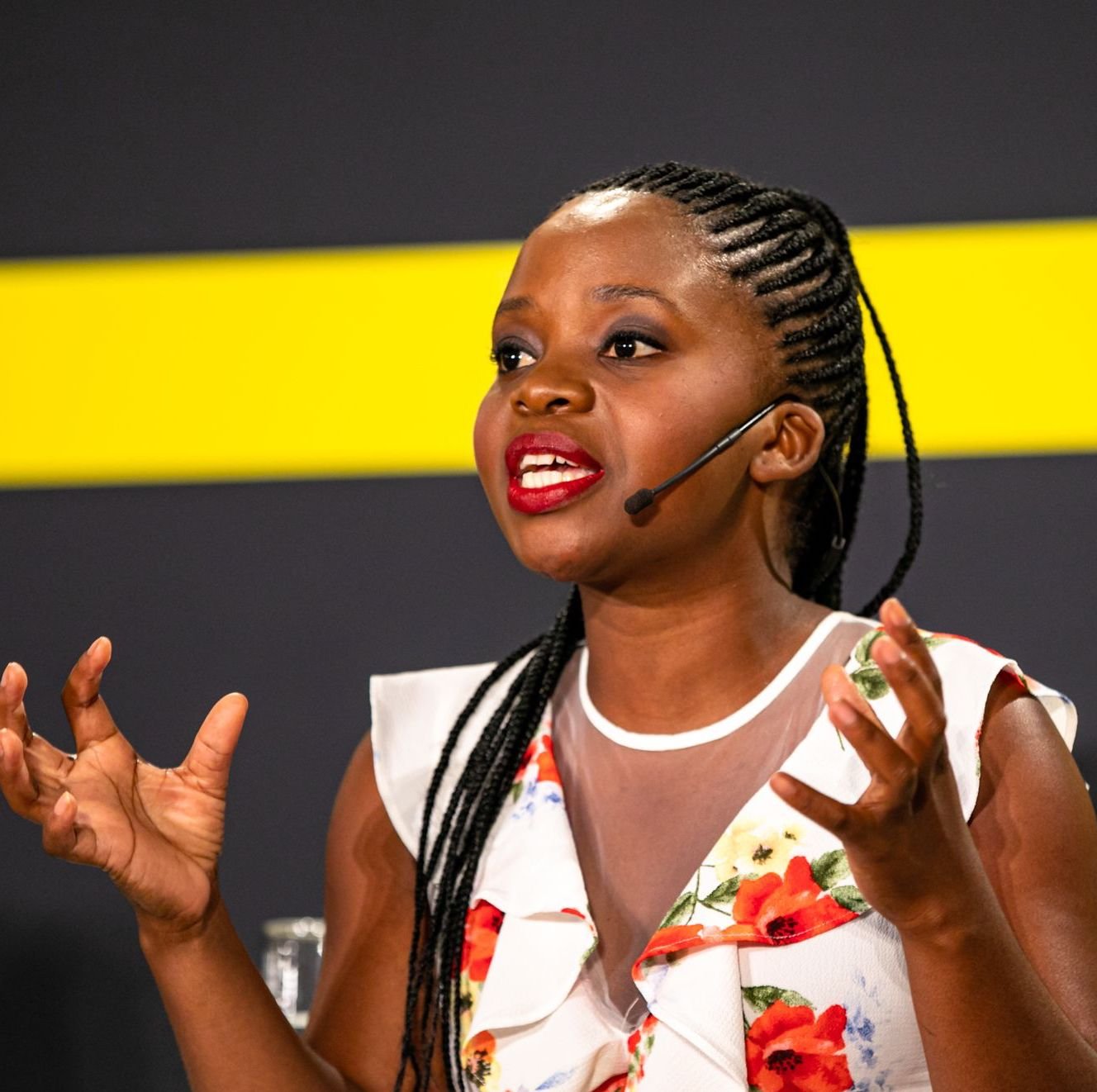Alain Robert - Famous Rock and Urban Climber - "The French Spider-Man”
/Famous Rock & Urban Climber · "The French Spider-Man”
Known for Free Solo Climbing the World’s Tallest Skyscrapers using no Climbing Equipment
First of all, yes, I need to know what I will be climbing, whether it's on rocks or whether it's on buildings. And then there is physical preparation. And regarding the mindset, it's more something that became a bit automatic over the years because I have been free soloing for almost 50 years. So it is pretty much my whole life. So that means that for me, being mentally ready, it's kind of simple. It's almost always the same mental process, meaning, I can be afraid before an ascent, but I know myself actually very well. And I know that once I am starting to climb, I feel fine. I put my fear aside, and I'm just climbing.





